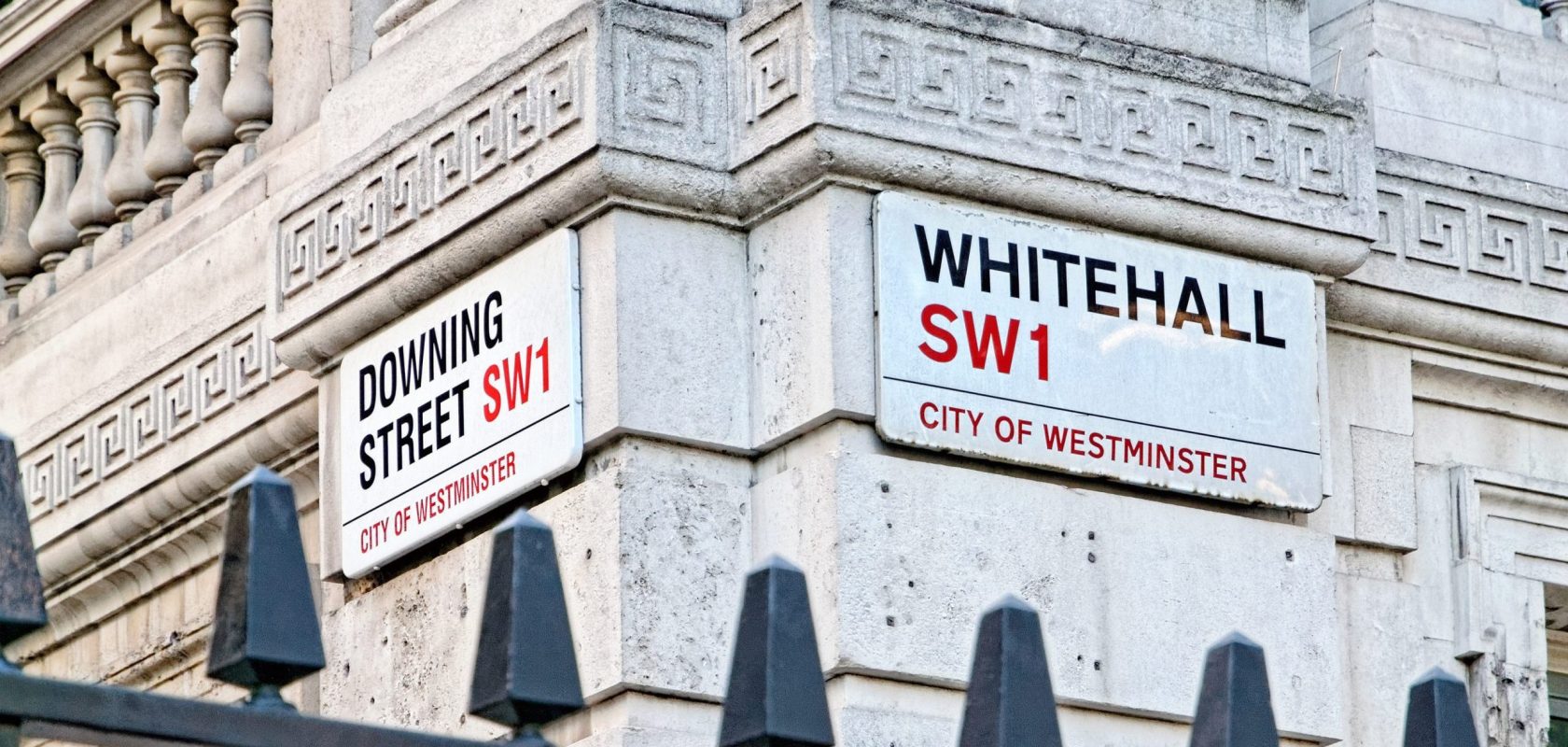Department for Health and Social Care reshuffle
13 November 2023 saw sweeping changes to ministerial roles in the DHSC.
Rt Hon Victoria Atkins (Con: Louth and Horncastle) has become the new Secretary of State for Health and Social Care. Elected in 2015, Atkins has been a junior minister in the Treasury, Ministry of Justice and Home Office.
Rt Hon Andrea Leadsom (Con: South Northamptonshire) was appointed a Minister and has been speaking about primary care issues, however Dame Andrea has not yet been officially confirmed as holding the primary care brief. Dame Andrea was previously Secretary of State for Business; Environment; and Leader of the Commons. She ran unsuccessfully to be leader of the Conservative Party in 2016.
Andrew Stephenson (Con: Pendle) has been made Minister of State with responsibility for secondary care. Stephenson was a government whip and a junior minister in various departments.
Where quote marks appear the words have been directly transcribed from what was said in the Commons chamber or in a written response, where they are not used the content of what was said has been summarised for brevity.
King’s Speech debate: ‘Building an NHS fit for the future’
13 November | Click to read in full.
Helen Whately (Con: Faversham and Mid Kent) – Minister of State
“There are now over 30,000 more primary care professionals working in GP practices than in March 2019. We will deliver 50 million more GP appointments by the end of next year and we are investing more than £200 million in tech to end the 8 am rush for GP appointments. Pharmacy First will give people another choice, giving pharmacists the power to prescribe treatments for seven common conditions, freeing up as many as 10 million GP appointments, and as we put test results on to the NHS app, that will free up GP time again.”
Wes Streeting – Shadow Secretary of State for Health and Social Care (Lab: Ilford North) asserted that “millions of patients a month are unable to get a GP appointment when they need one”. Labour would implement “a plan to cut red tape that ties up GPs’ time… to bring back the family doctor”.
Fleur Anderson (Lab: Putney)
“My constituents are unable to get GP appointments. The most recent GP appointment survey data found that the proportion of people who secured an appointment when wanted has fallen to just 51%: the lowest level in five years. Too often, our GP surgeries – the premises – are unsuitable, with a report from the Royal College of General Practitioners finding that 40% of GP staff consider their premises unsuitable. I was told in a recent letter from a GP in Putney how far too many surgeries are “stuck in tiny residential buildings”, which really affects GPs’ ability to provide the services – prevention services in particular – that they want to provide.“
House of Commons: Health and Social Care Committee
On 14 November, the committee questioned NHS England Chief Executive Amanda Pritchard and National Medical Director Stephen Powis on tackling waiting lists amid a squeeze on finances. Click to watch.
House of Commons: Other debates
On 19 October, Shadow Health minister Abena Oppong-Asare (Lab: Erith and Thamesmead) led an adjournment debate on Black History Month. Click to read in full.
On 24 October, Margaret Greenwood (Lab: Wirral West) led a Westminster Hall debate on the future of the NHS. Click to read in full.
Janet Daby (Lab: Lewisham East) stated that ‘people are finding it very difficult to get a GP appointment’.
Shadow Primary Care minister Preet Kaur Gill (Lab: Birmingham, Edgbaston) said that ‘securing the future of general practice is also integral to the future of the NHS’ and that the ‘the relationships GPs build with their patients are irreplaceable’.
On 26 October, Carolyn Harris (Lab: Swansea East) led a debate on menopause. Click to read in full.
The Commons heard that ‘only 20% [of menopausal women] had a positive GP experience’, and calls for menopause to be included ‘as an indicator within the GP quality and outcomes framework’.
Shadow Health minister Abena Oppong-Asare (Lab: Erith and Thamesmead) stated that ‘nearly one in 10 women must consult their GP on 10 separate occasions before receiving proper guidance and support regarding the menopause’. Labour would improve training and early detection to tackle these problems.
Health Minister Maria Caulfield (Con: Lewes) said a consultation on the future of QOF would open this year and GPs will be ‘assessed on menopause as a measure in their training’.
On 26 October, Judith Cummins (Lab: Bradford South) led an adjournment debate on osteoporosis. Click to read in full.
On 20 November, Marsha de Cordova (Lab: Battersea) led a Westminster Hall debate on pay and financial support for healthcare students. Click to read in full.

